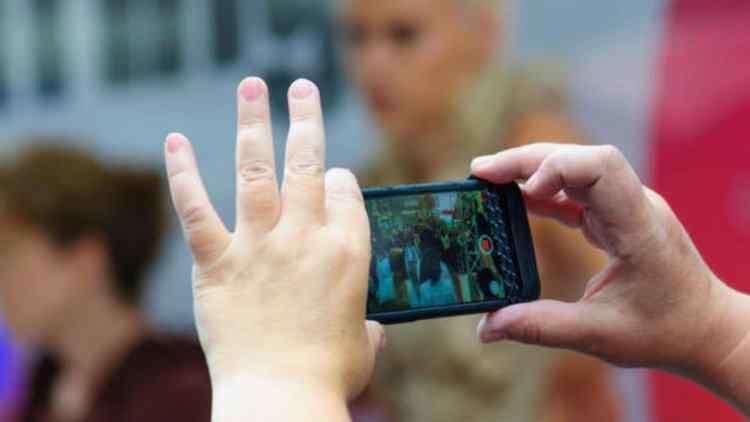For any enquiries or information, contact ask@tlr.ae or call us on +971526443004

UAE: Up To AED 500,000 For Posting Pictures Without Consent
The digital world has almost become a realm in its own right, requiring its own set of rules and allowances that govern its users.
Smartphones and cameras enable us to capture and save our most cherished memories. Regardless of how good our intentions are, many of these things are illegal.
The UAE's cyber law, Federal Decree-Law No. 34 of 2021 on Combating Rumours and Cybercrimes, prohibits, among other things, posting photographs, videos, or comments that violate someone's privacy and personal life, and prescribes imprisonment for up to 6 months and a fine ranging from AED 150,000 to AED 500,000 for committing the offense.
Article 37 prescribes an even harsher punishment for posts that defame Islam and other recognized religions. An imprisonment for up to 7 years and a fine between AED 250,000 to AED 1 million. The extent of the punishment depends on various factors. Pictures and other materials posted innocently attract smaller penalties and those published to defame or spread false information attract larger ones.
Further, anyone who uses the internet to publish and disseminate material that tends to agitate public opinion, cause panic or harm national security, economic interests, or public safety could also come under the purview of the law and be faced with one-year imprisonment and an AED 100,000 fine.
This sanction also applies to those who share false news, rumors, or misleading information, contrary to the news published by official sources. The law goes so far as to prohibit taking or recording unsolicited pictures, videos, and audio altogether. It does not only cover posting actual pictures, videos, and audio without taking consent from the individual concerned but also expressly prohibits making comments about the individual that could potentially reveal personal information. Posting material about an individual without consent attracts punishment under this law regardless of its veracity or its effect on the individual’s reputation.
The UAE government treats violations of privacy and personal autonomy on social media with grave solemnity. Cases involving these offenses are dealt with swiftly and strictly by both public and private bodies.
The law in such cases is rather unforgiving, and courts rarely rule in favour of individuals accused of the above-stated offenses.
However, there is an exception for photos and videos recorded. Recording certain incriminating events to share with authorities.
Videos and other media used to record any illegal activity are banned from being shared on social media or circulated within the individual’s circle. Holders of such records are encouraged to make them available to authorities for further action. This exception plays a three-pronged role in strengthening the law – it discourages individuals from violating the privacy of others by recording them, encourages them to ensure the credibility of any records they do decide to make public, and deters them from taking the law into their own hands
UAE’s cyber law offers a comprehensive and insulating solution to transgressions on individuals’ privacy, which the widespread prevalence of smartphones has made a very delicate luxury. It encourages people to be more accountable and responsible while recording or publishing content on social media.